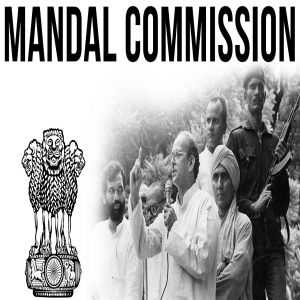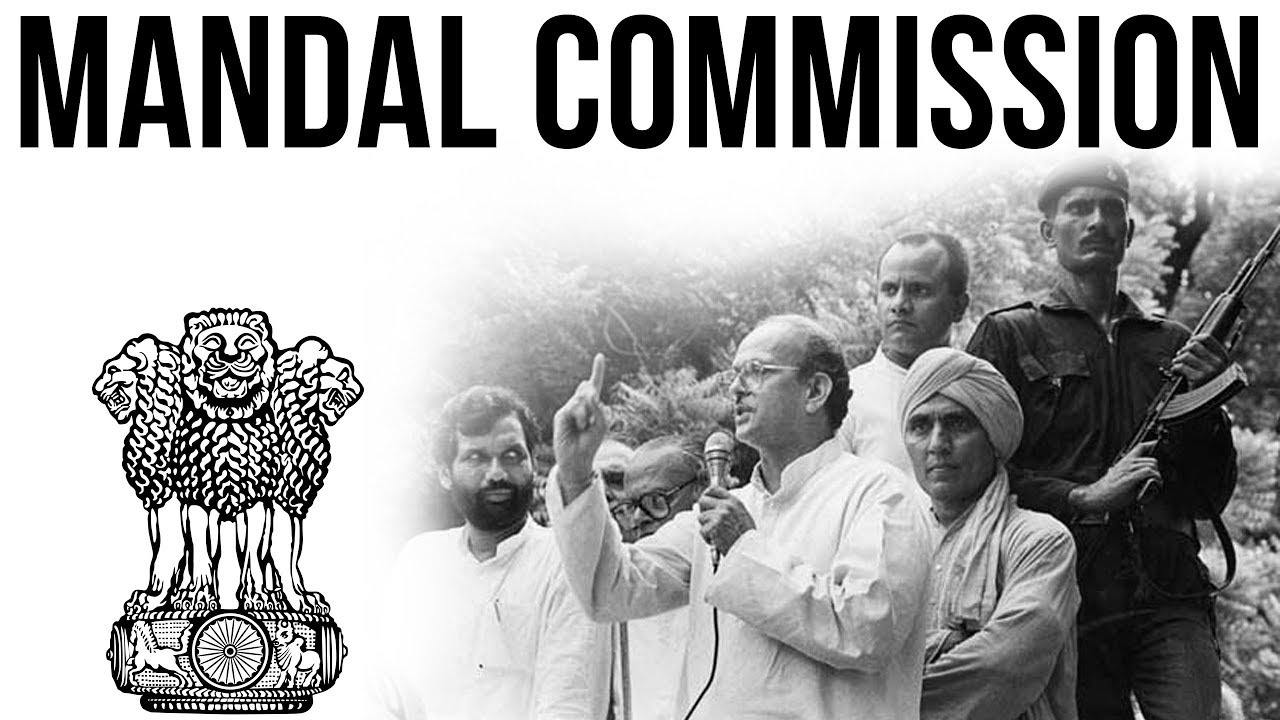

A recent Supreme Court ruling has brought attention to how deeply embedded the debate over caste reservation is in India's socio-political fabric. Discussions regarding the merits and drawbacks of the caste reservation policy, which attempts to uplift historically marginalised communities, have been triggered. A critical analysis of the caste reservation policy reveals its complexity and wide-ranging effects, history, current issues, and potential future developments.
Understanding the dynamics of caste reservation today requires understanding its historical background. To rectify centuries of caste-based discrimination and guarantee equal opportunities for SCs and STs, India enacted reservation policies after gaining independence. The Indian government's commitment to social justice was demonstrated by the inclusion of these policies in the Constitution. These laws were made possible by Dr BR Ambedkar, who saw reservations as a means of combating caste inequality. Reservation laws have contributed to the establishment of a new middle class among SCs and STs by resulting in a large representation of marginalised communities in government employment and education over time. However, the effectiveness and fairness of the policies have been questioned due to the uneven distribution of benefits and the emergence of a "creamy layer" within these communities.
The Mandal Commission report, which led to the 1990s extension of reservation to OBCs, brought another angle to the discussion. Although this action expanded the socio-economic horizon, it also brought to light long-standing rifts within Indian society. The opposition to the Mandal Commission's recommendations revealed the contentious character of caste-based reservations. While proponents of affirmative action point out the enduring structural disparities that call for it, critics contend that these policies reinforce caste identities and promote dependency.
Policies on caste reservations need to be reconsidered in light of India's shifting socio-economic conditions. Considering the disparities between urban and rural areas, the intersections of caste with other social strata, and regional disparities, a more nuanced approach is needed. Incorporating economic criteria alongside caste when determining eligibility for reservations could ensure that benefits reach the truly disadvantaged, irrespective of caste background. However, this strategy should be applied cautiously as it risks weakening the original goal of correcting historical injustices.
It is impossible to overstate the importance of a caste census. The development of effective policies requires accurate and current information on the population's caste composition. A new census is now necessary because of the changes in the Indian population since the 1931 comprehensive caste census and the unpublished 2011 caste census. A caste census would give precise information about the socio-economic standing of different caste groups, enabling more specialised and successful affirmative action programs. Additionally, it would deal with differences within castes, guaranteeing that the most marginalised members of reserved categories receive the benefits of reservation. A caste census is another useful tool for dispelling myths and misconceptions about reservations and promoting transparency and informed leadership.
Another significant component of the reservation discussion is internal reservations within the SC and ST quotas. Sub-quotas are demanded to guarantee a fair distribution of benefits because some sub-castes within these broad categories suffer more disadvantages than others. For instance, the sub-quota for Arundhatiyars in the SC category in Tamil Nadu recognises their particular socio-economic disadvantages. Though they must be carefully implemented to avoid further division and intra-group conflicts, internal reservations can address the unequal distribution of benefits within reserved categories.
The possibility of expanding reservations to include private companies is a polemic issue. As the private sector grows, there is an increasing demand for affirmative action in private employment. Proponents contend that private businesses ought to take a more active role in promoting social justice by broadening their diversity and inclusivity. Opponents, however, alert the public to the possible drawbacks, including violations of the autonomy of private enterprises and detrimental impacts on productivity and competitiveness. Any policy that aims to extend reservations to the private sector must strike a balance between these factors.
The future of caste reservations is heavily influenced by the broader socio-political environment. The objective of the policy, which is to promote social harmony, is called into question by the increasing politicisation and polarisation of caste identities. The goals of the policy may be compromised since political parties regularly exploit caste-based reservations to their advantage in elections. In order to tackle these issues, a national conversation that prioritises social justice over political agendas is needed.
Further socio-economic reforms are required to complement reservation policy. Fair access to jobs, healthcare, and education can help level the playing field and lessen dependency on reservations. By investing in basic education and skill development, marginalised groups can compete on an equal basis, particularly in rural and underserved areas.
As demonstrated by the recent ruling, the judiciary will continue to play a major role in shaping the future of caste reservations. The Supreme Court of India's interpretations of affirmative action laws balance the constitutional requirement for equality and social justice ideals. Landmark rulings like the Indra Sawhney case have defined the creamy layer's exclusion from OBCs and other reservation policies. Caste reservation will continue to develop in response to future court rulings, ensuring it stays true to the principles outlined in the Constitution.
Policy improvement requires listening to the opinions of people most impacted by reservation laws. Civil society organisations and grassroots movements that support marginalised communities offer crucial viewpoints and insights. Their experiences can help to develop more inclusive and effective solutions that address the diverse needs of the Indian population.
India can learn a lot from other countries' experiences with affirmative action. Socio-economic and racial inequality has been a problem for nations like South Africa and the United States. Comparative analysis can enhance India's discourse on caste reservation by helping identify best practices and avoid potential pitfalls.
India's caste reservation system is at a turning point as it attempts to reconcile the wrongs of the past with the aspirations of the future. The policy's journey, which was replete with setbacks as well as victories, emphasises how difficult it is to address ingrained social injustices. As India develops, reservation laws must also change to reflect shifting socio-economic conditions while upholding the values of equality and justice. A more equitable and inclusive society can be achieved by implementing a comprehensive strategy that incorporates internal reservations within SC and ST quotas, judicial oversight, economic criteria, socio-economic reforms, stakeholder engagement, a caste census, and the potential to expand reservations to private companies. A just and equitable society, as promised by the Constitution, should be the ultimate goal, and this can be achieved by fostering an atmosphere where people can rise above caste barriers and realise their full potential based on merit and opportunity.